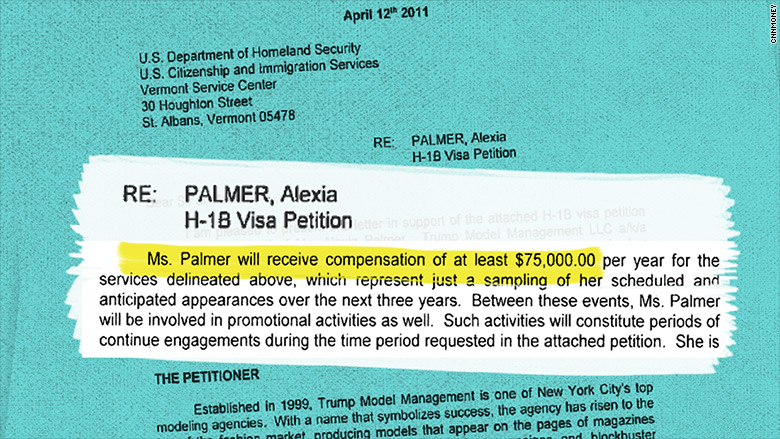This has been building since 2014 and gained real traction in 2015.
USAToday: Far-right protests were held in more than a dozen other nations in Europe on Saturday including the Czech Republic, France, Poland and the Netherlands. The marches and demonstrations were part of a coordinated attempt by PEGIDA and like-minded groups to hold a so-called European Action Day. Riot police clashed with protesters at several of the rallies including in Calais, France, where police used tear gas to disperse crowds. Ten people were arrested.
The synchronized demonstrations came as the number of Syrian refugees assembled on Turkey’s border jumped to 35,000, according to Reuters.
The latest exodus is a result of a renewed offensive by Syria’s President Bashar Assad to retake ground controlled by opposition groups near the city of Aleppo, previously a valued commercial center.
Turkey refuses to open the border. It already hosts over 2.5 million Syrian refugees.
German anti-immigration party makes gains in local elections amid refugee crisis
FNC: A nationalist, anti-migration party powered into three German state legislatures in elections Sunday held amid divisions over Chancellor Angela Merkel’s liberal approach to the refugee crisis. Merkel’s conservatives lost to center-left rivals in two states they had hoped to win.
The elections in the prosperous southwestern state of Baden-Wuerttemberg, neighboring Rhineland-Palatinate and relatively poor Saxony-Anhalt in the ex-communist east were the first major political test since Germany registered nearly 1.1 million people as asylum-seekers last year.
The three-year-old Alternative for Germany, or AfD — which has campaigned against Merkel’s open-borders approach — easily entered all three legislatures.
AfD won 15.1 percent of the vote in Baden-Wuerttemberg and 12.6 percent in Rhineland-Palatinate, official results showed. It finished second in Saxony-Anhalt with some 24 percent, according to projections by ARD and ZDF television with most districts counted.
“We are seeing above all in these elections that voters are turning away in large numbers from the big established parties and voting for our party,” AfD leader Frauke Petry said.
They “expect us finally to be the opposition that there hasn’t been in the German parliament and some state parliaments,” she added.
There were uncomfortable results both for Merkel’s conservative Christian Democratic Union and their partners in the national government, the center-left Social Democrats. The traditional rivals are Germany’s two biggest parties.
“The democratic center in our country has not become stronger, but smaller, and I think we must all take that seriously,” said Vice Chancellor Sigmar Gabriel, the Social Democrats’ leader.
Merkel’s party kept its status as strongest party in Saxony-Anhalt. It had hoped to beat left-leaning Green governor Winfried Kretschmann in Baden-Wuerttemberg, a traditional stronghold that the CDU ran for decades until 2011. It also hoped to oust Social Democrat governor Malu Dreyer from the governor’s office in Rhineland-Palatinate.
However, the CDU finished several percentage points behind the popular incumbents’ parties in both states and dropped 12 percentage points to a record-low result in Baden-Wuerttemberg, with 27 percent support. Its performance in Rhineland-Palatinate, with 31.8 percent, was also a record low.
The Social Democrats suffered large losses in both Baden-Wuerttemberg and Saxony-Anhalt, where they were the junior partners in the outgoing governments, finishing behind AfD.
Other parties won’t share power with AfD, but its presence will complicate their coalition-building efforts.
In all three states, the results were set to leave the outgoing coalition governments without a majority — forcing regional leaders into what could be time-consuming negotiations with new, unusual partners. Merkel’s CDU still has a long-shot chance of forming an untried three-way alliance to win the Baden-Wuerttemberg governor’s office.
Germany’s next national election is due in late 2017. While Sunday’s results will likely generate new tensions, Merkel herself should be secure: she has put many state-level setbacks behind her in the past, and there’s no long-term successor or figurehead for any rebellion in sight.
A top official with Merkel’s party called for it to stay on its course in the refugee crisis. CDU general secretary Peter Tauber pointed to recent polls indicating that her popularity is rebounding and added: “this shows that it is good if the CDU sticks to this course, saying that we need time to master this big challenge.”
Merkel insisted last year that “we will manage” the challenge of integrating refugees. While her government has moved to tighten asylum rules, she still insists on a pan-European solution to the refugee crisis, ignoring demands from some conservative allies for a national cap on the number of refugees.
AfD’s strong performance will boost its hopes of entering the national parliament next year. It entered five state legislatures and the European Parliament in its initial guise as a primarily anti-euro party before splitting and then rebounding in the refugee crisis.
The CDU may have been hurt by an attempt by its candidates in Baden-Wuerttemberg and Rhineland-Palatinate to put cautious distance between themselves and Merkel’s refugee policies, which may simply have created the impression of disunity. The party slipped in polls there over recent weeks.
The two last month called for Germany to impose daily refugee quotas — something Merkel opposes but which neighboring Austria has since put in place. Separately, Merkel’s conservative allies in Bavaria have attacked her approach for months, demanding an annual refugee cap.
Center-left incumbents Kretschmann and Dreyer often sounded more enthusiastic about Merkel’s refugee policy than their conservative challengers.
“The result hopefully will be that the CDU and (their Bavarian allies) will realize that this permanent quarreling doesn’t help them,” Vice Chancellor Gabriel said.




